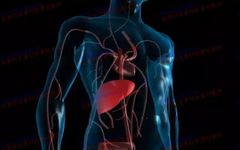The “Huangdi Neijing” is divided into two parts: “Lingshu” and “Suwen”. It is said to have originated from the Yellow Emperor Xuanyuan and has been passed down orally through generations, later supplemented and developed by medical practitioners and theorists, culminating in a written form during the Spring and Autumn and Warring States periods.
It is one of the four classic texts of Traditional Chinese Medicine (TCM) (the “Huangdi Neijing”, “Nanjing”, “Shanghan Zabing Lun”, and “Shennong Bencao Jing”), and is the earliest existing medical classic in China’s medical treasury.
Summary
For any issues related to tendons, treating the liver is appropriate.
For any issues related to bones, treating the kidneys is appropriate.
For any issues related to muscles, treating the spleen and stomach is appropriate.
For any issues related to blood vessels, treating the heart is appropriate.
For any skin or hair issues, treating the lungs is appropriate.
Five Organs
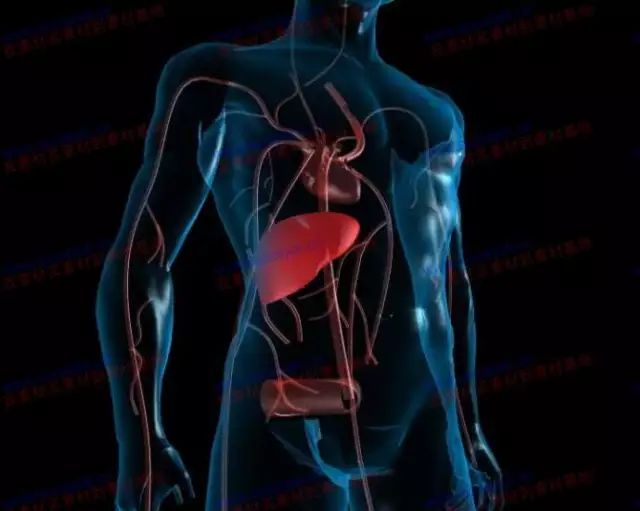
1. Heart: The heart is the residence of the spirit, the master of blood, and the root of the pulse, belonging to the fire element in the Five Elements theory;
Physiological functions: ① Governs blood vessels; ② Governs consciousness; the heart opens to the tongue, connects with the pulse in the body, manifests on the face, associated with joy, and in fluids, corresponds to sweat. The heart is interrelated with the small intestine.
2. Lungs: The lungs are the place of the corporeal soul, the master of qi, belonging to the metal element.
Physiological functions: ① Governs qi and controls respiration; ② Governs the dispersing and descending of qi; ③ Regulates water pathways; ④ Governs the hundred vessels and regulates their flow (stagnation); assists the heart in regulating the circulation of qi and blood; the lungs connect to the throat, manifest on the skin, associated with hair, open to the nose, related to worry, and in fluids, corresponds to mucus. The lungs are interrelated with the large intestine.
3. Spleen: The spleen is the source of qi and blood transformation, the foundation of postnatal life, and stores intention, belonging to the earth element.
Physiological functions: ① Governs transportation and transformation; ② Governs the rising of clear qi; ③ Governs blood containment; opens to the mouth, connects with the flesh, governs the limbs, manifests on the lips, associated with thought, and in fluids, corresponds to saliva; the spleen is interrelated with the stomach.
4. Liver: The liver is the place of the ethereal soul, the storehouse of blood, and the root of tendons, belonging to the wood element, governing the rising and movement.
Physiological functions: ① Governs the smooth flow of qi; ② Stores blood; opens to the eyes, connects with the tendons, manifests on the nails, associated with anger, and in fluids, corresponds to tears. The liver is interrelated with the gallbladder.
5. Kidneys: The kidneys are the foundation of pre-natal essence, store will, and the waist is the organ of the kidneys, belonging to the water element;
Physiological functions: ① Store essence, govern growth, development, and reproduction; ② Govern water; ③ Govern the intake of qi; in the body, they correspond to bones, govern bone marrow, manifest on hair, open to the ears and the two yin (anus and perineum), associated with fear, and in fluids, corresponds to saliva. The kidneys are interrelated with the bladder.
Six Fu Organs
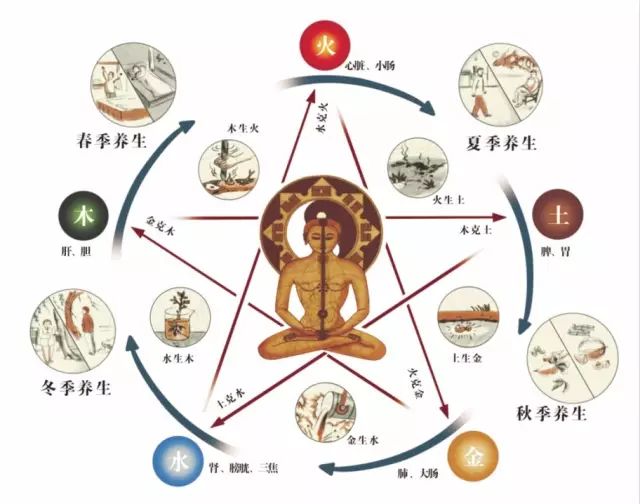
1. Gallbladder: Physiological function: Stores and excretes bile, the gallbladder governs decision-making.
2. Stomach: Physiological function: Receives and digests food and drink, the stomach descends to harmonize.
3. Small intestine: Physiological function: Governs the reception and transformation of substances, separates the clear from the turbid, “the small intestine governs fluids”.
4. Large intestine: Physiological function: Transforms and transports waste, the large intestine governs fluids.
5. Bladder: Physiological function: Stores and excretes urine, relying on the kidney’s qi transformation function.
6. San Jiao (Triple Burner): Physiological function: Facilitates the flow of original qi, governs the qi mechanism and transformation, and serves as the pathway for water and fluids.
Twelve Meridians Flow
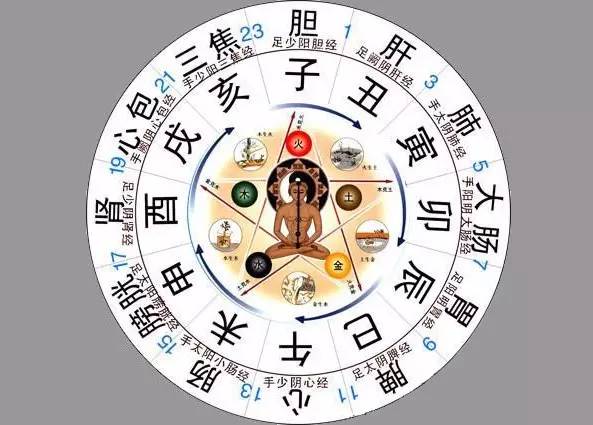
In a day, there are twelve time periods, each corresponding to a meridian, connecting end to end like a loop. By mastering your body, you also grasp the secret to longevity and health!
Zi Hour: 23:00 – 1:00
Gallbladder Meridian: Deep sleep! The gallbladder needs metabolism; if a person sleeps during the Zi hour, the gallbladder can complete its metabolism. At this time, the heart’s function is weakest, so if there are heart patients, prepare a heart-saving pill.
Chou Hour: 1:00 – 3:00

Liver Meridian: Deep sleep! This is the best time for liver repair; waste blood needs to be eliminated, and fresh blood needs to be produced, all completed during the Chou hour. It is essential to enter deep sleep to provide the liver with sufficient energy. If one does not sleep, the liver continues to output energy to support thinking and actions, preventing metabolism from completing, leading to potential liver disease.
Yin Hour: 3:00 – 5:00
Lung Meridian: The transformation of yin and yang begins at this moment. The human body also enters a phase of yang dominance and yin decline. At this time, the lung meridian is most active. The liver provides blood to the lungs, which then distributes it throughout the body. The body requires a large amount of oxygen at this time. Patients with lung diseases or asthma should take their medication during the Yin hour for better effects than during the day.
Mao Hour: 5:00 – 7:00
Large Intestine Meridian: Bowel movement! Drink a cup of warm water before defecation. At this time, the large intestine meridian is vigorous, absorbing moisture and nutrients from food and expelling waste.
Chen Hour: 7:00 – 9:00
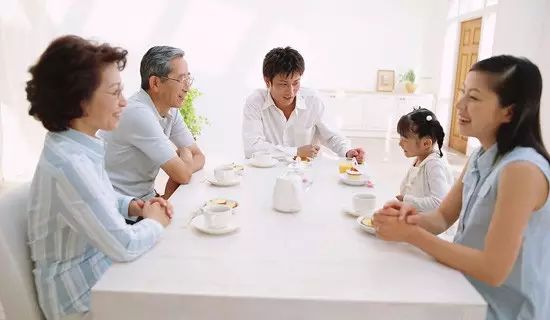
Stomach Meridian: Don’t forget breakfast! At this time, gastric acid is continuously secreted. If one goes too long without eating, there is a risk of gastric ulcers, gastritis, duodenitis, and cholecystitis!
Si Hour: 9:00 – 11:00
Spleen Meridian: Drink water! (Drink more water at this time) The spleen is the overall coordinator of digestion, absorption, and excretion. The spleen is the foundation of postnatal life. To nourish the spleen: Job’s tears, red beans, and yam porridge. Throughout the day, aim for about 2000ml of water, approximately five bottles of mineral water, and continue to drink, avoiding any beverages.

Wu Hour: 11:00 – 13:00
Heart Meridian: Take a short rest. The heart drives blood circulation, nourishes the spirit, qi, and tendons. A short nap can greatly benefit heart health, providing energy for the afternoon and evening. Naps should not exceed 30 minutes, as longer naps can disrupt sleep and lead to insomnia at night.
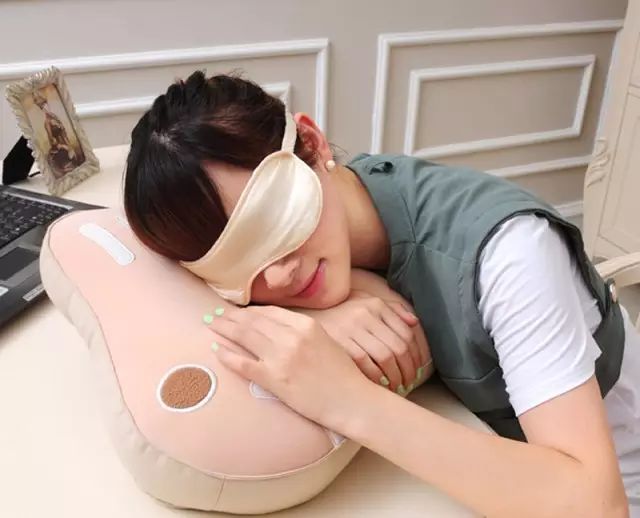
Wei Hour: 13:00 – 15:00
Small Intestine Meridian: The small intestine meridian adjusts the nutrition of the body during the Wei hour. If there is heat in the small intestine, the body will experience gas. Therefore, lunch should be eaten before 1:00 PM to ensure that nutrients are absorbed into the body.
Shen Hour: 15:00 – 17:00
Bladder Meridian: Urination! The bladder expels fluids from the body. If there is heat in the bladder, it can lead to bladder cough, which is coughing with urinary incontinence. The bladder is most active, so it is suitable to drink more water. At this time, do not hold urine, as it can lead to “urinary retention”.
You Hour: 17:00 – 19:00
Kidney Meridian: The kidneys are the essence of reproduction and the essence of the five organs and six fu organs. The kidneys are the root of pre-natal essence. After the Shen hour, the body expels fire and detoxifies, and the kidneys enter a time of storing essence during the You hour. This is a time for men. For those with kidney function issues, massaging the kidney meridian at this time is most effective.
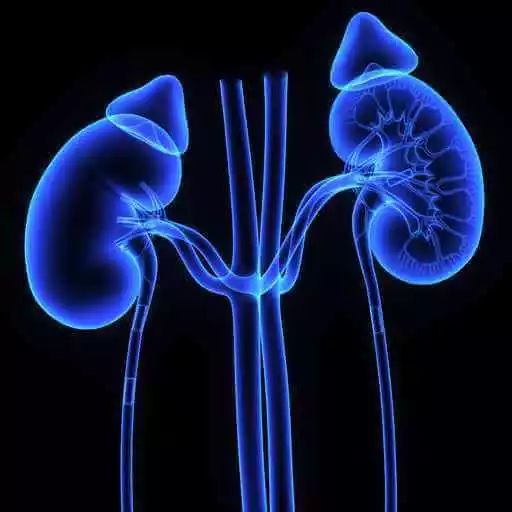
Xu Hour: 19:00 – 21:00
Pericardium Meridian: At this time, create conditions for peaceful sleep. Maintain a calm mindset.
Hai Hour: 21:00 – 23:00
San Jiao Meridian: Time to sleep! This is when the San Jiao, the largest fu organ, operates, governing all qi and facilitating the flow of water pathways. During the Hai hour, the San Jiao connects with all meridians. It is a time for rest and rejuvenation.
Conclusion
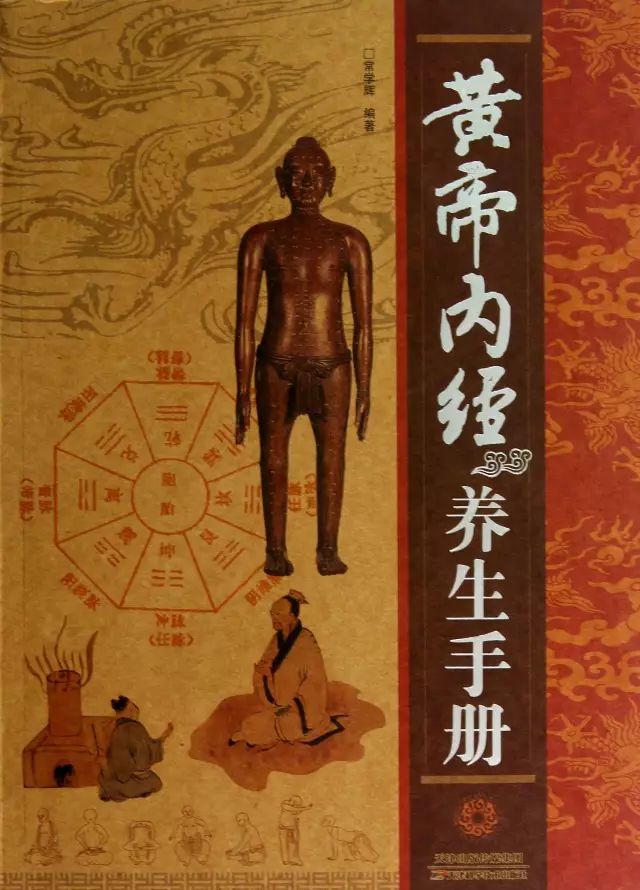
The basic spirit and main content of the “Huangdi Neijing” include: holistic concepts, yin-yang and the Five Elements, organ and meridian theory, etiology and pathogenesis, diagnostic methods and treatment principles, prevention and health maintenance, and the theory of qi movement, etc. The “holistic concept” emphasizes that the human body and nature are a whole, and that the structure of the human body and its various parts are interconnected.
The “yin-yang and the Five Elements” theory explains the relationship of opposition and unity between things. The “organ and meridian theory” primarily studies the physiological functions, pathological changes, and interrelationships of the five organs, six fu organs, twelve meridians, and eight extraordinary meridians.

